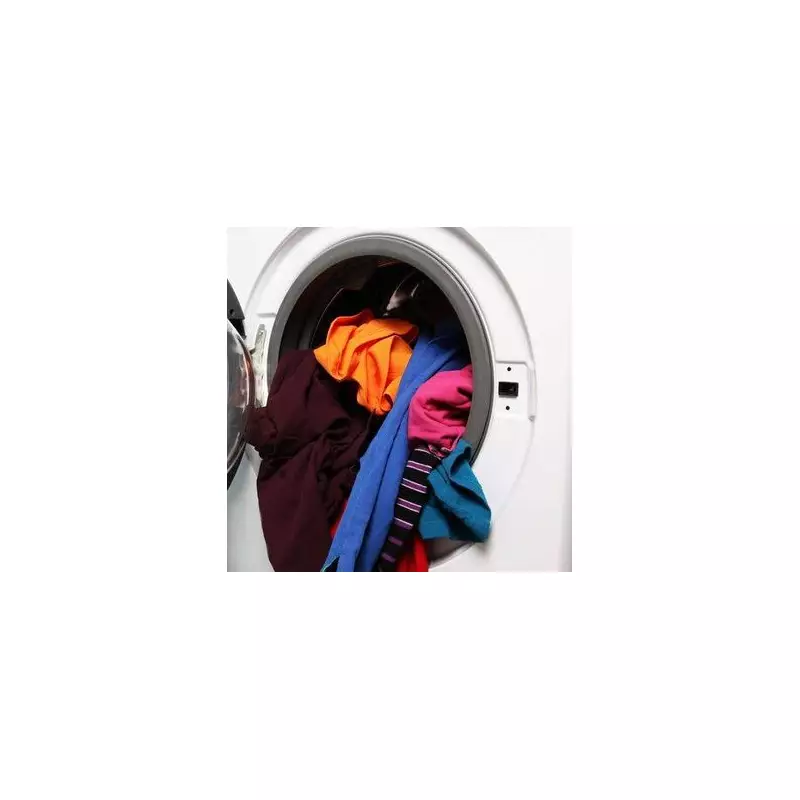
How many times have you finished a meal and instinctively reached for the washing up bowl to tackle the dirty plates? It turns out this quintessentially British habit is a plumbing disaster in the making, and it's costing households a fortune.
A leading plumbing expert has issued a stark warning to millions, revealing that the humble washing up bowl is public enemy number one for your kitchen sink and pipes.
The Hidden Cost Of A 'Clean' Kitchen
According to Ben Tibbits, managing director of ADI Plumbing, the seemingly innocent act of washing dishes in a plastic bowl is a critical error. "A lot of people use washing up bowls because they think they're saving water," he explains. "But in reality, they are causing more problems than they are solving."
The core of the issue lies in what happens to all that leftover food. When you wash up in a bowl, stray bits of grease, oil, and food debris slip down the plughole. Without the sink's built-in waste catcher, these particles slide straight into your U-bend and pipes.
From Scraps To A Costly Blockage
"Over time," Tibbits warns, "this will cause a build-up and eventually a blockage, which can be expensive to fix." This isn't just a minor inconvenience. A professional call-out to fix a severely blocked pipe can easily set you back hundreds of pounds, a bill no family wants to face amidst a cost-of-living crisis.
The problem is exacerbated by modern habits. "We are seeing more blockages than ever because people are putting things down the sink that they shouldn't," Tibbits adds, pointing to cooking fats and oils as major culprits that solidify in the pipes.
The Simple Fix Every Home Needs To Adopt
The solution, however, is remarkably simple. Ditch the bowl and wash your dishes directly in the kitchen sink.
Modern sinks are designed with your plumbing in mind. Their built-in waste catchers are your first line of defence, trapping food scraps before they can journey into your pipes and cause a catastrophic clog.
Remember: The few litres of water you might save by using a bowl are utterly insignificant compared to the potential cost of an emergency plumber. Making this one small change could save your kitchen from a messy, expensive disaster.





